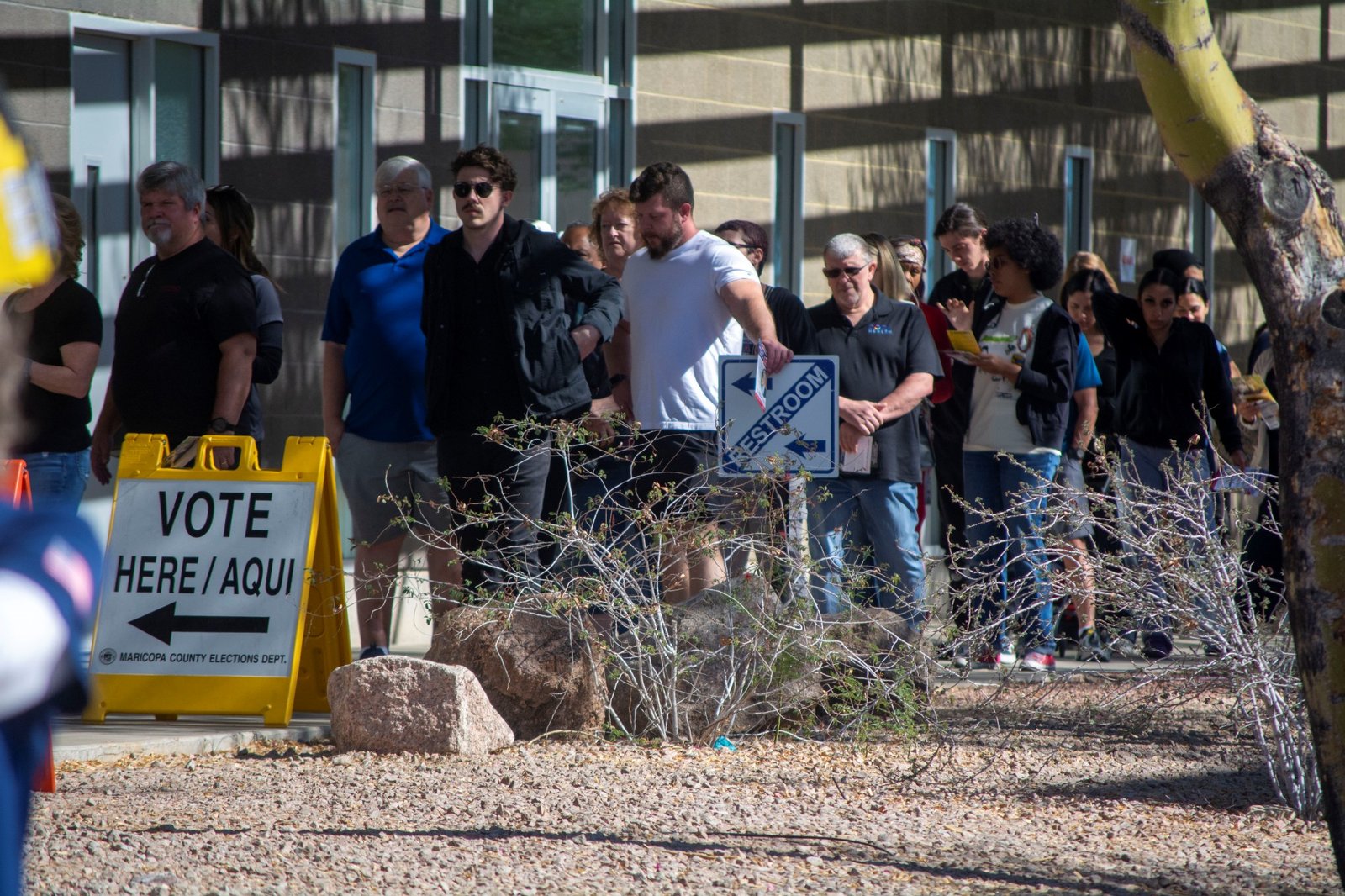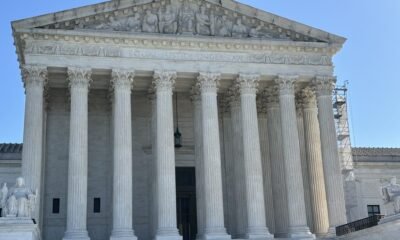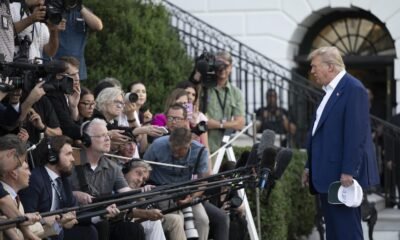Adrian Fontes
Election Denialism Persists Strongly Despite Trump’s Victory

President-elect Donald Trump’s previous assertions of widespread voter fraud have diminished, yet the repercussions linger as the integrity of American elections faces continued scrutiny. The post-election environment, while less tumultuous than in previous years, has seen isolated instances of Republican candidates echoing Trump’s claims regarding the legitimacy of unfavorable election outcomes.
Arizona’s Democratic Secretary of State Adrian Fontes proclaimed that election denialism was effectively over after certifying the results from the November 5 election. However, Attorney General Kris Mayes, also a Democrat, contested that viewpoint, highlighting her ongoing battle to affirm her narrow victory in the 2022 attorney general race. “I am not convinced we are there yet,” Mayes stated, reflecting concerns echoed across the state.
The political climate in Arizona supports Mayes’ apprehensions. The first bill proposed in the Arizona Senate for the upcoming legislative session aims to expedite election result reporting. This initiative is a response to longstanding issues with slow ballot counts in Maricopa County, where the average counting duration has stretched over 13 days. Such delays came under severe scrutiny following Trump’s 2020 defeat, as his supporters argued that prolonged tabulation created fertile ground for fraud claims.
Kari Lake, the Republican candidate who unsuccessfully contested the 2022 gubernatorial election, continues to avoid explicitly conceding her recent Senate race loss to Democrat Ruben Gallego. Her reluctance to acknowledge the defeat became apparent during a video message shared on X, formerly Twitter, where she thanked her supporters without conceding the election.
Similarly, in Wisconsin, Republican Senate challenger Eric Hovde made groundless assertions regarding “last-minute” absentee ballots influencing election results in Milwaukee. Despite conceding nearly two weeks after the election, his comments incited a flurry of online conspiracy theories, prompting the Milwaukee Election Commission to label his claims as unfounded. In North Carolina, state Senate leader Phil Berger echoed these sentiments, suggesting the Supreme Court vote-counting process was manipulated by Democrats, igniting strong criticism from election officials.
The disinformation propagated by Republicans has contributed to a significant decline in public confidence in electoral processes. Local election officials have faced threats and harassment as a direct consequence of these baseless claims, raising concerns about the potential for similar rhetoric to resurface in future elections. “We have to turn this rhetoric down,” urged Jay Young, senior director of voting and democracy for Common Cause, emphasizing the need to protect the integrity of election institutions.
Despite the controversies, several candidates who either denied the legitimacy of the 2020 election or criticized local voting systems have successfully secured their positions. In Arizona, for instance, voters selected Republican Justin Heap to lead the Maricopa County Recorder’s Office, reflecting a shift towards a “voter confidence” narrative that aligns with Trump’s influence.
Meanwhile, political dynamics related to election integrity continue to evolve. Prominent conservative figures are using the narrative of election denial to target Democrats, as seen in recent Pennsylvania elections, where Democratic U.S. Senator Bob Casey delayed his concession until significant post-election recounts and court challenges were underway. Georgia Secretary of State Brad Raffensperger, who previously resisted Trump’s pressure in 2020, criticized Casey’s behavior, demanding an end to election denialism.
Even as right-wing rhetoric subsides, misinformation persists on both sides. Debunked claims regarding the internet provider Starlink altering vote counts have circulated among left-wing social media accounts, although experts assert left-leaning misinformation does not resonate with the same intensity as comparable right-wing narratives. Young highlighted that disinformation of any kind poses real threats to election officials, many of whom continue to navigate the repercussions of past rhetoric.
Threats against election workers have escalated post-election, with bomb threats reported at offices across various states as ballots were being counted. This ongoing climate of intimidation has highlighted the urgent need for resources to protect local election administrators. “We should be doing better by them,” Young concluded, emphasizing the importance of safeguarding democracy in America.

















